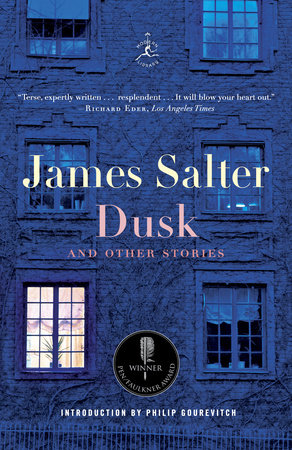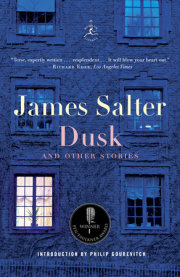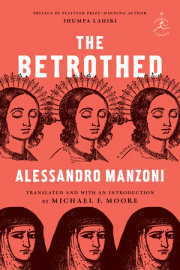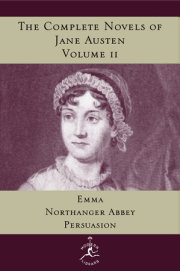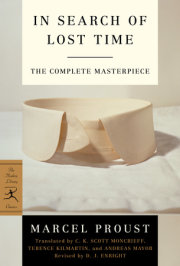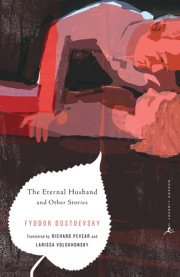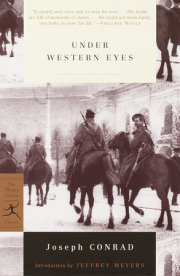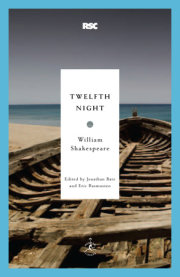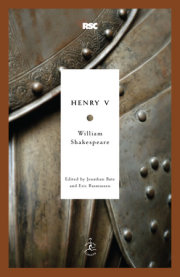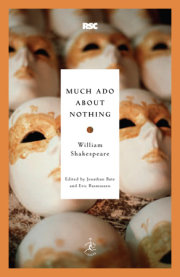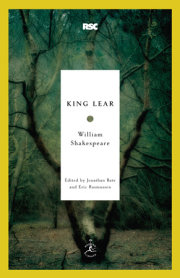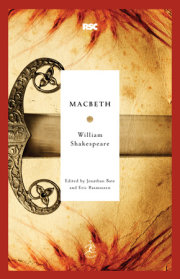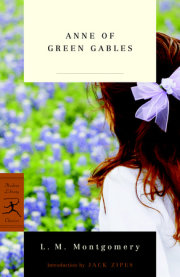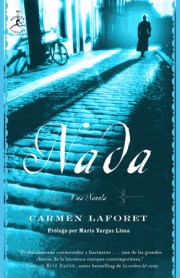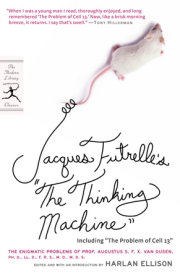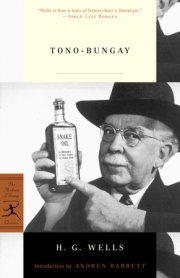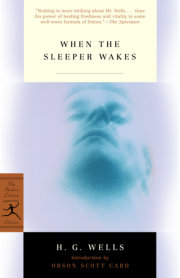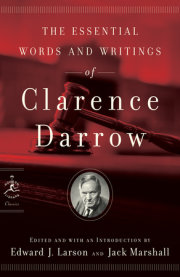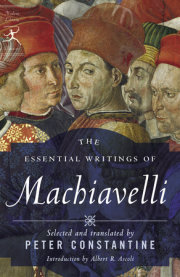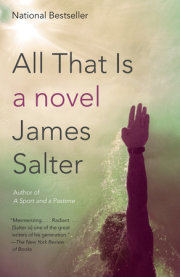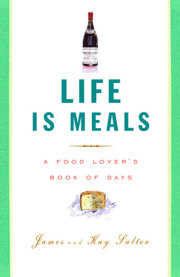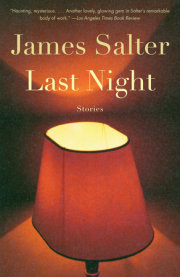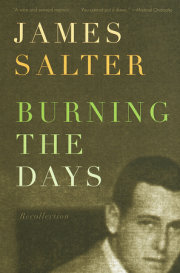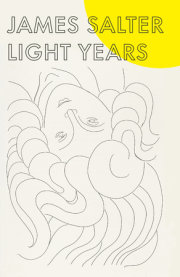Am Strande von TangerBarcelona at dawn. The hotels are dark. All the great avenues are pointing to the sea.
The city is empty. Nico is asleep. She is bound by twisted sheets, by her long hair, by a naked arm which falls from beneath her pillow. She lies still, she does not even breathe.
In a cage outlined beneath a square of silk that is indigo blue and black, her bird sleeps, Kalil. The cage is in an empty fireplace which has been scrubbed clean. There are flowers beside it and a bowl of fruit. Kalil is asleep, his head beneath the softness of a wing.
Malcolm is asleep. His steel-rimmed glasses which he does not need- there is no prescription in them-lie open on the table. He sleeps on his back and his nose rides the dream world like a keel. This nose, his mother's nose or at least a replica of his mother's, is like a theatrical device, a strange decoration that has been pasted on his face. It is the first thing one notices about him. It is the first thing one likes. The nose in a sense is a mark of commitment to life. It is a large nose which cannot be hidden. In addition, his teeth are bad.
At the very top of the four stone spires which Gaudi left unfinished the light has just begun to bring forth gold inscriptions too pale to read. There is no sun. There is only a white silence. Sunday morning, the early morning of Spain. A mist covers all of the hills which surround the city. The stores are closed.
Nico has come out on the terrace after her bath. The towel is wrapped around her, water still glistens on her skin.
"It's cloudy," she says. "It's not a good day for the sea."
Malcolm looks up.
"It may clear," he says.
Morning. Villa-Lobos is playing on the phonograph. The cage is on a stool in the doorway. Malcolm lies in a canvas chair eating an orange. He is in love with the city. He has a deep attachment to it based in part on a story by Paul Morand and also on an incident which occurred in Barcelona years before: one evening in the twilight Antonio Gaudi, mysterious, fragile, even saintlike, the city's great architect, was hit by a streetcar as he walked to church. He was very old, white beard, white hair, dressed in the simplest of clothes. No one recognized him. He lay in the street without even a cab to drive him to the hospital. Finally he was taken to the charity ward. He died the day Malcolm was born.
The apartment is on Avenida General Mitre and her tailor, as Nico calls him, is near Gaudi's cathedral at the other end of town. It's a working-class neighborhood, there's a faint smell of garbage. The site is surrounded by walls. There are quatrefoils printed in the sidewalk. Soaring above everything, the spires. Sanctus, sanctus, they cry. They are hollow. The cathedral was never completed, its doors lead both ways into open air. Malcolm has walked, in the calm Barcelona evening, around this empty monument many times. He has stuffed peseta notes, virtually worthless, into the slot marked: DONATIONS TO CONTINUE THE WORK. It seems on the other side they are simply falling to the ground or, he listens closely, a priest wearing glasses locks them in a wooden box.
Malcolm believes in Malraux and Max Weber: art is the real history of nations. In the details of his person there is evidence of a process not fully complete. It is the making of a man into a true instrument. He is preparing for the arrival of that great artist he one day expects to be, an artist in the truly modern sense which is to say without accomplishments but with the conviction of genius. An artist freed from the demands of craft, an artist of concepts, generosity, his work is the creation of the legend of himself. So long as he is provided with even a single follower he can believe in the sanctity of this design.
He is happy here. He likes the wide, tree-cool avenues, the restaurants, the long evenings. He is deep in the currents of a slow, connubial life.
Nico comes onto the terrace wearing a wheat-colored sweater.
"Would you like a coffee?" she says. "Do you want me to go down for one?"
He thinks for a moment.
"Yes," he says.
"How do you like it?"
"Solo," he says.
"Black."
She likes to do this. The building has a small elevator which rises slowly. When it arrives she steps in and closes the doors carefully behind her. Then, just as slowly, she descends, floor after floor, as if they were decades. She thinks about Malcolm. She thinks about her father and his second wife. She is probably more intelligent than Malcolm, she decides. She is certainly stronger-willed. He, however, is better-looking in a strange way. She has a wide, senseless mouth. He is generous. She knows she is a little dry. She passes the second floor. She looks at herself in the mirror. Of course, one doesn't discover these things right away. It's like a play, it unfolds slowly, scene by scene, the reality of another person changes. Anyway, pure intelligence is not that important. It's an abstract quality. It does not include that cruel, intuitive knowledge of how the new life, a life her father would never understand, should be lived. Malcolm has that.
At ten-thirty, the phone rings. She answers and talks in German, lying on the couch. After it is finished Malcolm calls to her, "Who was that?"
"Do you want to go to the beach?"
"Yes."
"Inge is coming in about an hour," Nico says.
He has heard about her and is curious. Besides, she has a car. The morning, obedient to his desires, has begun to change. There is some early traffic on the avenue beneath. The sun breaks through for a moment, disappears, breaks through again. Far off, beyond his thoughts, the four spires are passing between shadow and glory. In intervals of sunlight the letters on high reveal themselves: Hosanna.
Smiling, at noon, Inge arrives. She is in a camel skirt and a blouse with the top buttons undone. She's a bit heavy for the skirt which is very short. Nico introduces them.
"Why didn't you call last night?" Inge asks.
"We were going to call but it got so late. We didn't have dinner till eleven," Nico explains. "I was sure you'd be out."
No. She was waiting at home all night for her boyfriend to call, Inge says. She is fanning herself with a postcard from Madrid. Nico has gone into the bedroom.
"They're such bastards," Inge says. Her voice is raised to carry. "He was supposed to call at eight. He didn't call me until ten. He didn't have time to talk. He was going to call back in a little while. Well, he never called. I finally fell asleep."
Nico puts on a pale gray skirt with many small pleats and a lemon pullover. She looks at the back of herself in the mirror. Her arms are bare. Inge is talking from the front room.
"They don't know how to behave, that's the trouble. They don't have any idea. They go to the Polo Club, that's the only thing they know."
She begins to talk to Malcolm.
"When you go to bed with someone it should be nice afterwards, you should treat each other decently. Not here. They have no respect for a woman."
She has green eyes and white, even teeth. He is thinking of what it would be like to have such a mouth. Her father is supposed to be a surgeon. In Hamburg. Nico says it isn't true.
"They are children here," Inge says. "In Germany, now, you have a little respect. A man doesn't treat you like that, he knows what to do."
"Nico," he calls.
She comes in brushing her hair.
"I am frightening him," Inge explains. "Do you know what I finally did? I called at five in the morning. I said, why didn't you call? I don't know, he said-I could tell he was asleep-what time is it? Five o'clock, I said. Are you angry with me? A little, he said. Good, because I am angry with you. Bang, I hung up."
Nico is closing the doors to the terrace and bringing the cage inside.
"It's warm," Malcolm says, "leave him there. He needs the sunlight."
She looks in at the bird.
"I don't think he's well," she says.
"He's all right."
"The other one died last week," she explains to Inge. "Suddenly. He wasn't even sick."
She closes one door and leaves the other open. The bird sits in the now brilliant sunshine, feathered, serene.
"I don't think they can live alone," she says.
"He's fine," Malcolm assures her. "Look at him."
The sun makes his colors very bright. He sits on the uppermost perch. His eyes have perfect, round lids. He blinks.
The elevator is still at their floor. Inge enters first. Malcolm pulls the narrow doors to. It's like shutting a small cabinet. Faces close together they start down. Malcolm is looking at Inge. She has her own thoughts.
They stop for another coffee at the little bar downstairs. He holds the door open for them to go in. No one is there-a single man reading the newspaper.
"I think I'm going to call him again," Inge says.
"Ask him why he woke you up at five in the morning," Malcolm says.
She laughs.
"Yes," she says. "That's marvelous. That's what I'm going to do."
The telephone is at the far end of the marble counter, but Nico is talking to him and he cannot hear.
"Aren't you interested?" he asks.
"No," she says.
Inge's car is a blue Volkswagen, the blue of certain airmail envelopes. One fender is dented in.
"You haven't seen my car," she says. "What do you think? Did I get a good bargain? I don't know anything about cars. This is my first. I bought it from someone I know, a painter, but it was in an accident. The motor is scorched.
"I know how to drive," she says. "It's better if someone sits next to me, though. Can you drive?"
"Of course," he says.
He gets behind the wheel and starts the engine. Nico is sitting in the back.
"How does it feel to you?" Inge says.
"I'll tell you in a minute."
Although it's only a year old, the car has a certain shabbiness. The material on the ceiling is faded. Even the steering wheel seems abused. After they have driven a few blocks, Malcolm says, "It seems all right."
"Yes?"
"The brakes are a little weak."
"They are?"
"I think they need new linings."
"I just had it greased," she says.
Malcolm looks at her. She is quite serious.
"Turn left here," she says.
She directs him through the city. There is a little traffic now but he seldom stops. Many intersections in Barcelona are widened out in the shape of an octagon. There are only a few red lights. They drive through vast neighborhoods of old apartments, past factories, the first vacant fields at the edge of town. Inge turns in her seat to look back to Nico.
"I'm sick of this place," she says. "I want to go to Rome."
They are passing the airport. The road to the sea is crowded. All the scattered traffic of the city has funneled onto it, buses, trucks, innumerable small cars.
"They don't even know how to drive," Inge says. "What are they doing? Can't you pass?
"Oh, come on," she says. She reaches across him to blow the horn.
"No use doing that," Malcolm says.
Inge blows it again.
"They can't move."
"Oh, they make me furious," she cries.
Two children in the car ahead have turned around. Their faces are pale and reflective in the small rear window.
"Have you been to Sitges?" Inge says.
"Cadaques."
"Ah," she says. "Yes. Beautiful. There you have to know someone with a villa."
The sun is white. The land lies beneath it the color of straw. The road runs parallel to the coast past cheap bathing beaches, campgrounds, houses, hotels. Between the road and the sea is the railroad with small tunnels built beneath it for bathers to reach the water. After a while this begins to disappear. They drive along almost deserted stretches.
"In Sitges," Inge says, "are all the blond girls of Europe. Sweden, Germany, Holland. You'll see."
Malcolm watches the road.
"The brown eyes of the Spaniards are irresistible to them," she says.
She reaches across him to blow the horn.
"Look at them! Look at them crawling along!
"They come here full of hopes," Inge says. "They save their money, they buy little bathing suits you could put in a spoon, and what happens? They get loved for one night, perhaps, that's all. The Spanish don't know how to treat women."
Nico is silent in the back. On her face is the calm expression which means she is bored.
"They know nothing," Inge says.
Sitges is a little town with damp hotels, the green shutters, the dying grass of a beach resort. There are cars parked everywhere. The streets are lined with them. Finally they find a place two blocks from the sea.
"Be sure it's locked," Inge says.
"Nobody's going to steal it," Malcolm tells her.
"Now you don't think it's so nice," she says.
They walk along the pavement, the surface of which seems to have buckled in the heat. All around are the flat, undecorated facades of houses built too close together. Despite the cars, the town is strangely vacant. It's two o'clock. Everyone is at lunch.
Malcolm has a pair of shorts made from rough cotton, the blue glazed cotton of the Tauregs. They have a little belt, slim as a finger, which goes only halfway around. He feels powerful as he puts them on. He has a runner's body, a body without flaws, the body of a martyr in a Flemish painting. One can see vessels laid like cord beneath the surface of his limbs. The cabins have a concrete back wall and hemp underfoot. His clothes hang shapeless from a peg. He steps into the corridor. The women are still undressing, he does not know behind which door. There is a small mirror hung from a nail. He smooths his hair and waits. Outside is the sun.
The sea begins with a sloping course of pebbles sharp as nails. Malcolm goes in first. Nico follows without a word. The water is cool. He feels it climb his legs, touch the edge of his suit and then with a swell-he tries to leap high enough-embrace him. He dives. He comes up smiling. The taste of salt is on his lips. Nico has dived, too. She emerges close by, softly, and draws her wetted hair behind her with one hand. She stands with her eyes half-closed, not knowing exactly where she is. He slips an arm around her waist. She smiles. She possesses a certain, sure instinct of when she is most beautiful. For a moment they are in serene dependence. He lifts her in his arms and carries her, helped by the sea, toward the deep. Her head rests on his shoulder. Inge lies on the beach in her bikini reading Stern.
Copyright © 2010 by James Salter. All rights reserved. No part of this excerpt may be reproduced or reprinted without permission in writing from the publisher.

